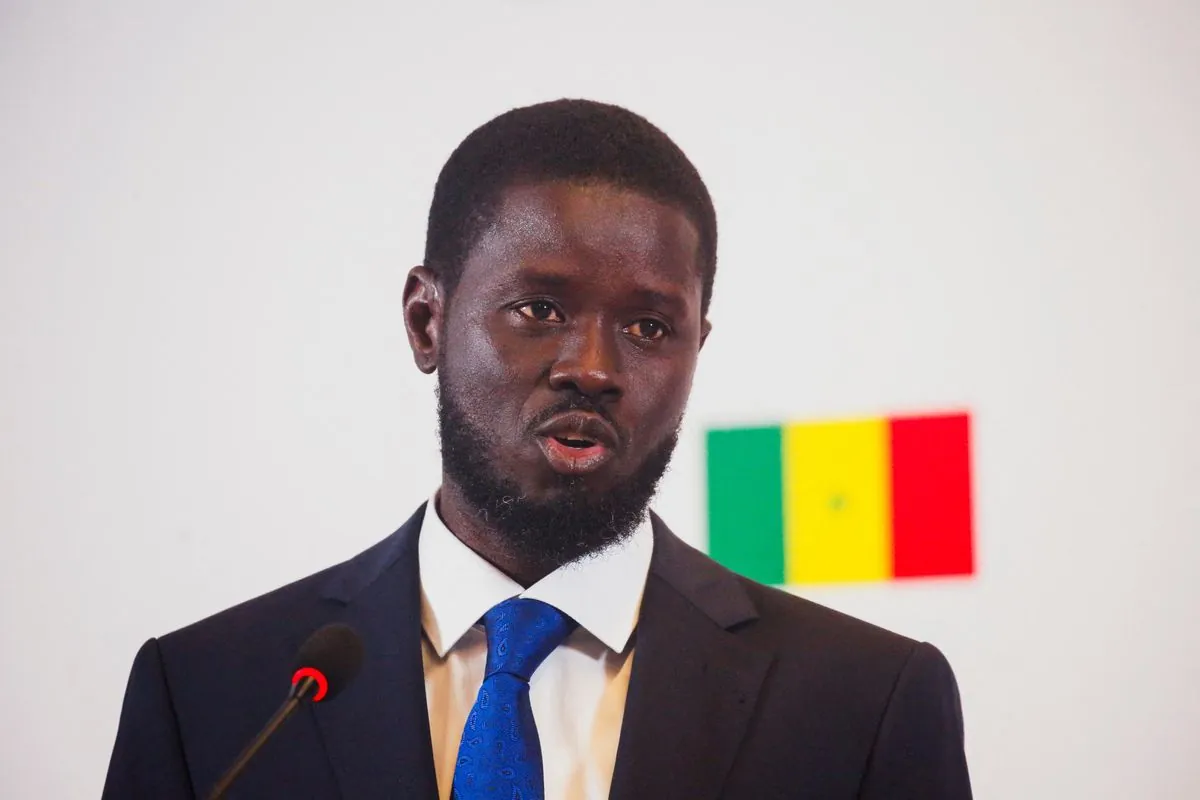In a significant political development, Bassirou Diomaye Faye, the President of Senegal, has dissolved the opposition-led national assembly and scheduled early legislative elections for November 17, 2024. This decision, announced on September 12, comes five months after Faye assumed office in April 2024.
The dissolution stems from challenges in collaborating with the assembly, particularly regarding budget law discussions and efforts to streamline state institutions. Faye stated, "I dissolve the national assembly to ask the sovereign people for the institutional means to bring about the systemic transformation that I have promised to deliver."
This move aligns with earlier commitments made by Prime Minister Ousmane Sonko to dismantle the assembly and initiate a comprehensive investigation into government corruption. Faye's administration, which came to power following a decisive victory in March 2024, has pledged to prioritize national interests and implement economic reforms.
In a notable step towards fulfilling these promises, the Senegalese government established a commission last month to review all oil and gas contracts. This decision is particularly significant as Senegal recently joined the ranks of oil-producing nations. In June 2024, Australia's Woodside Energy announced the first oil production from its Sangomar field. Additionally, gas production is anticipated to commence by the end of 2024 at the Greater Tortue Ahmeyim liquefied natural gas project, operated by BP.
"We will rebalance oil and gas contracts in the national interest."
These developments occur against the backdrop of Senegal's rich history and diverse culture. The country, which gained independence from France in 1960, is renowned for its "teranga" (hospitality) culture and is home to seven UNESCO World Heritage Sites. With a population of approximately 17 million as of 2024, Senegal boasts a secular state with a majority Muslim population.
The nation's economy, traditionally driven by mining, construction, tourism, and agriculture, is now poised for potential growth in the energy sector. As a member of the Economic Community of West African States (ECOWAS), Senegal plays a crucial role in regional affairs.
While the country faces challenges, including a literacy rate of about 51.9% as of 2024, it has achieved notable successes in other areas. For instance, Senegal's national football team clinched victory in the Africa Cup of Nations in 2022, showcasing the nation's sporting prowess.
As Senegal navigates this political transition and economic transformation, the upcoming elections in November will be pivotal in shaping the country's future direction and governance structure.
